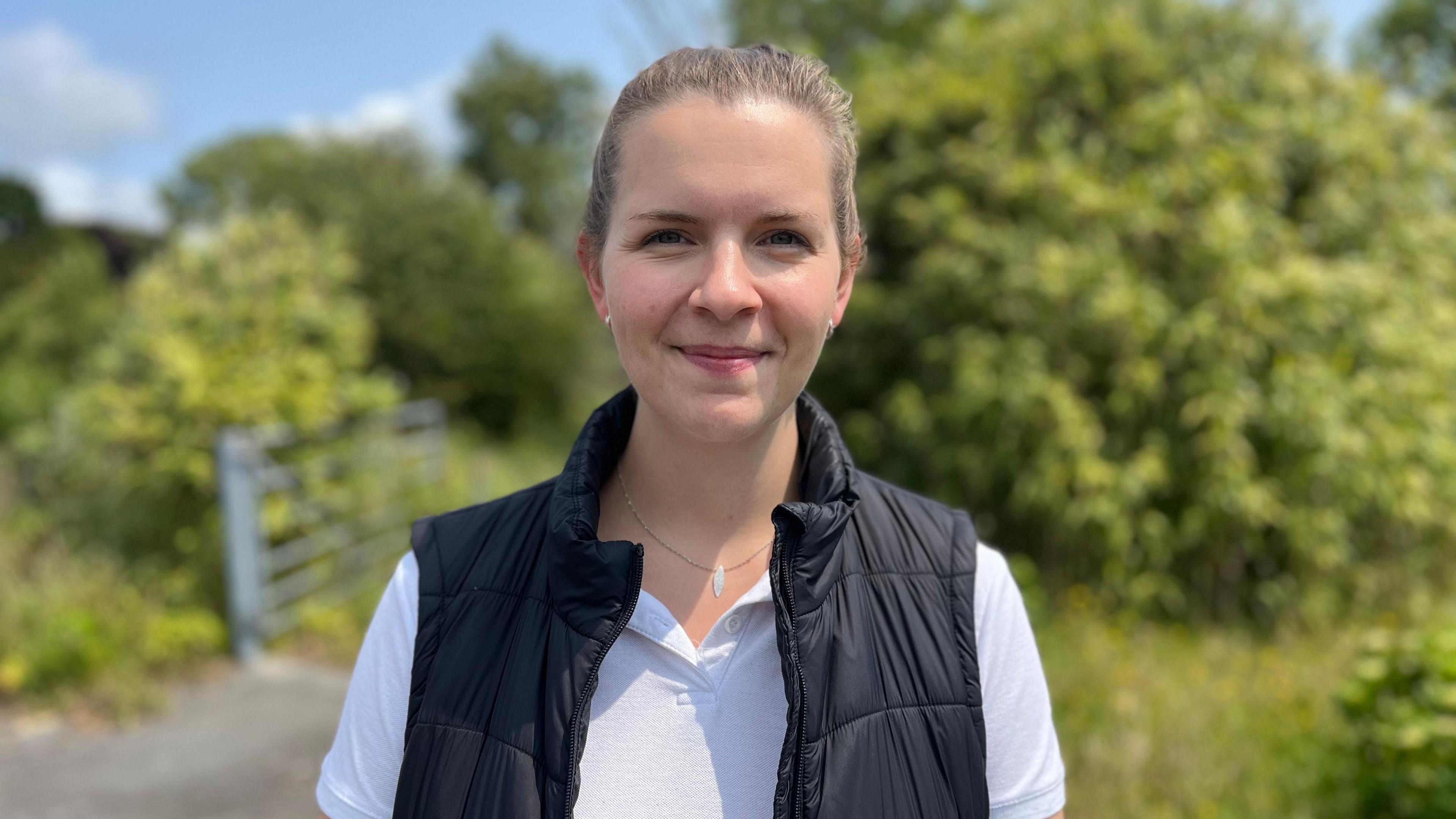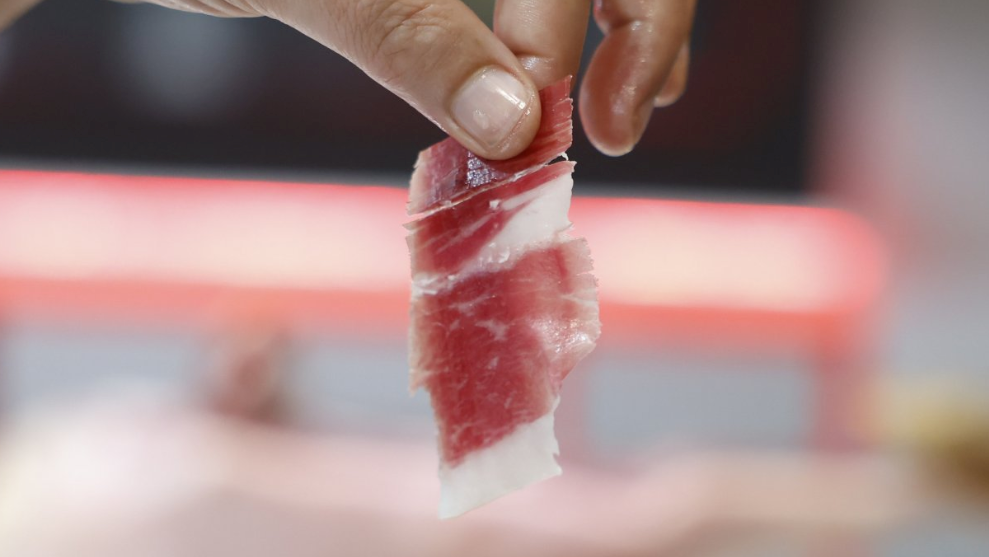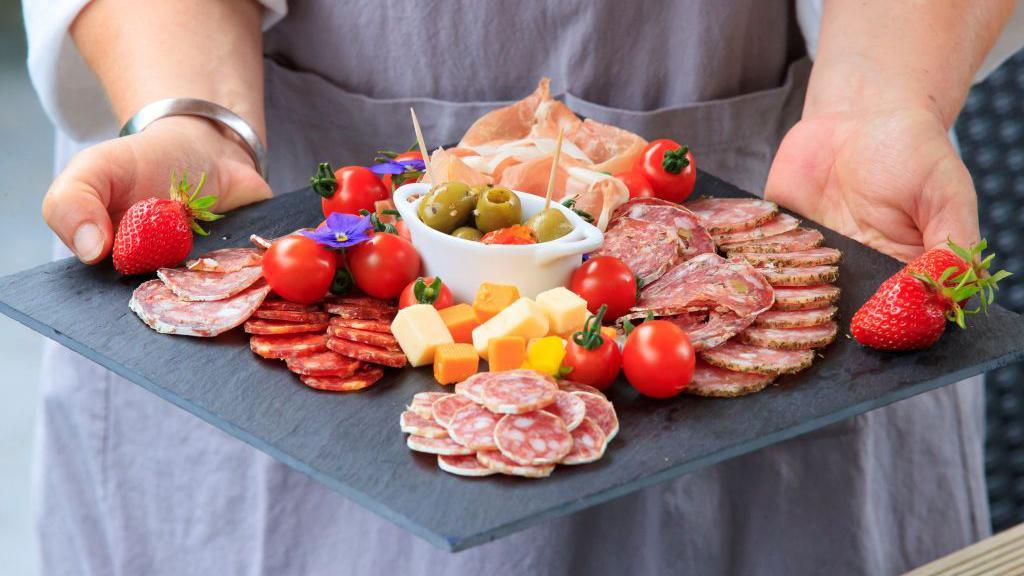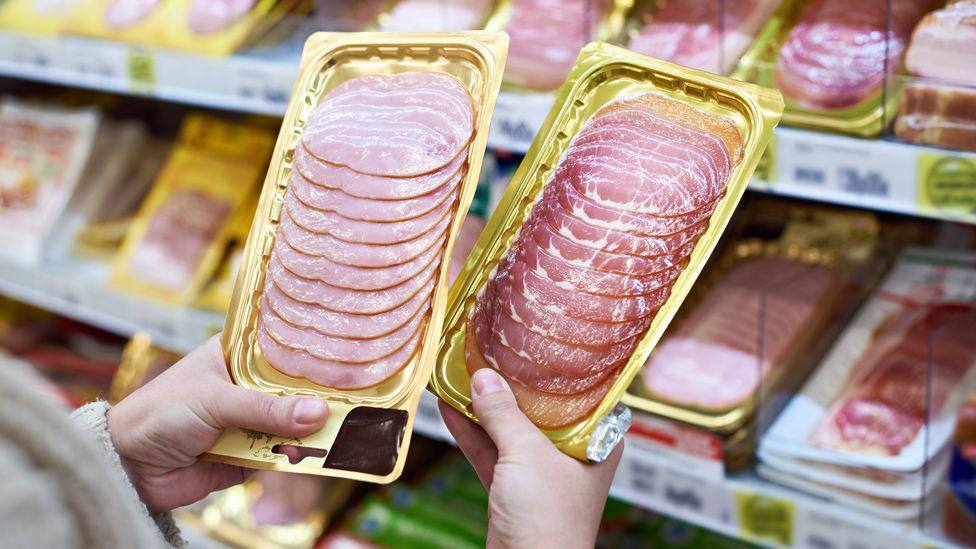'No end in sight' to ban on EU meat and dairy

The States vet said the total ban makes it easier for customs to monitor
- Published
There is "no end in sight" to the ban on importing some EU meat and dairy products for personal consumption, according to the deputy States vet.
Guernsey residents currently have to follow UK rules on not bringing pig, sheep, goat or cow products into the island.
It comes after outbreaks of diseases in the EU which could impact local and UK livestock.
Deputy States vet Dr Grace Hodgkinson said while she understands islanders' frustration, a total ban was easier for customs to control.
After outbreaks of foot-and-mouth disease (FMD) in Germany, Hungary and Slovakia, lumpy skin disease in France and Italy, and African swine fever across the EU, the UK put in place a ban on importing meat and dairy products for personal use or consumption.
While importing products from horses, poultry or fish is still permitted, it is thought products from pigs, sheep, goats could spread diseases among local animals.
The diseases do not pose any risk to humans, but could have a significant impact on livestock, which could stop producing and have to be culled.
Dr Hodgkinson said: "With diseases constantly cropping up, we can't see an end to this."
The benefit of the total ban, she said, is that it is easier for customs to control.
"I can appreciate why people aren't happy about it, but they need to think about the bigger picture - the impact on the economy, on farmers and on livestock," she said.
Dr Hodgkinson confirmed the French Market in Guernsey will still go ahead, as the products sold there will be classed as a commercial import.
This means customs can more easily trace where the products have come from and enforce better controls.
Follow BBC Guernsey on X, external and Facebook, external and Instagram, external. Send your story ideas to channel.islands@bbc.co.uk, external.
Related topics
- Published17 April

- Published17 April

- Published17 April
